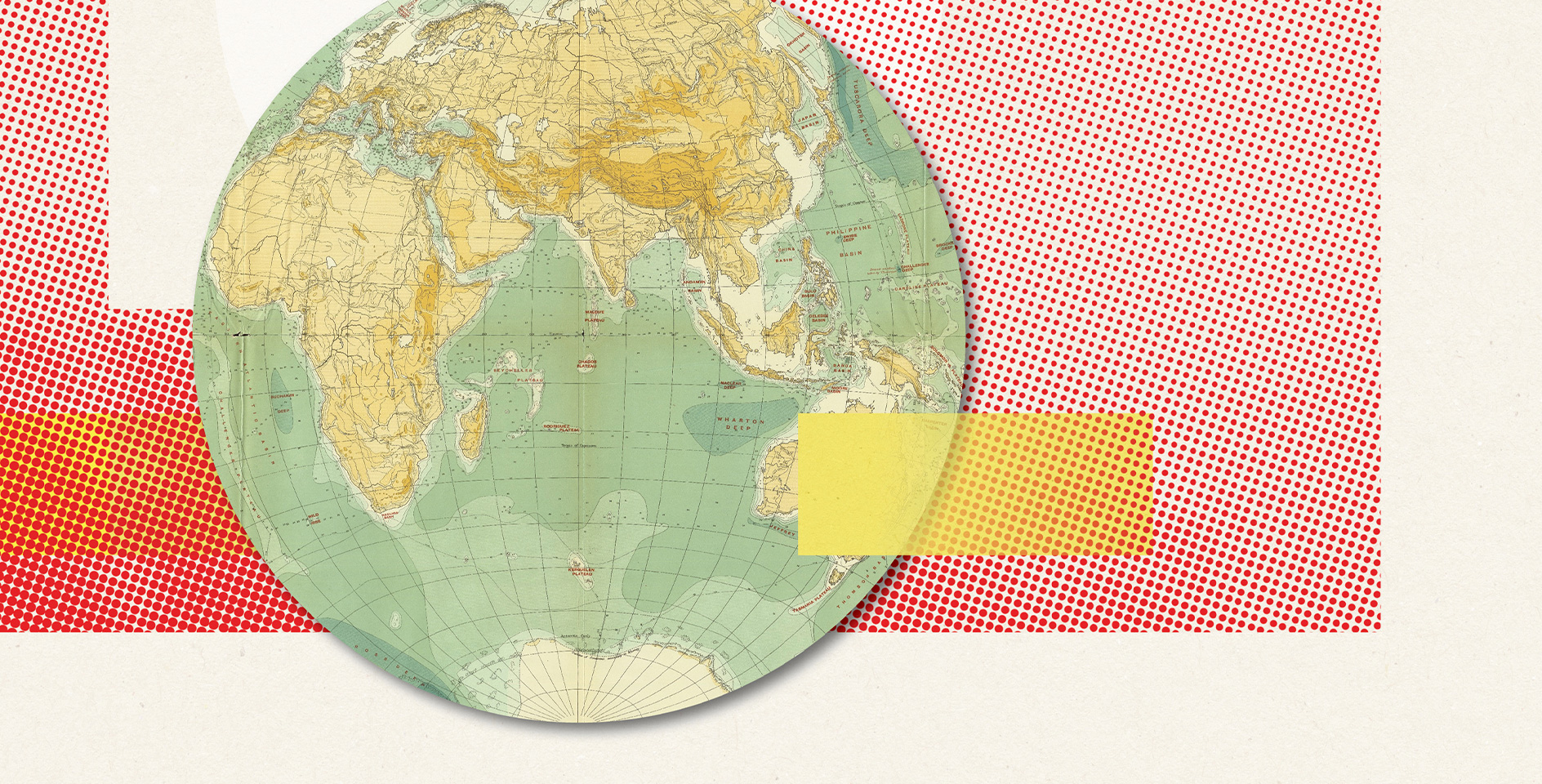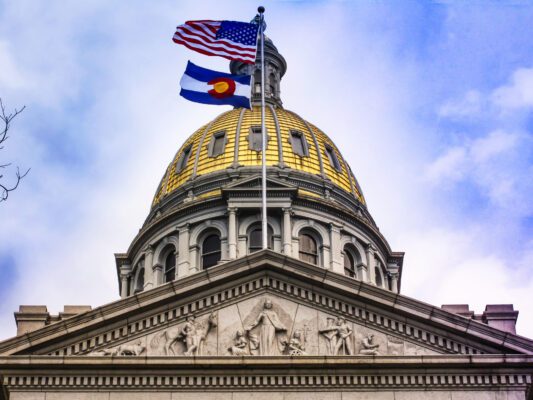As a medical doctor, academic, and pro-life advocate in the United Kingdom, I work in a healthcare system with the most radical abortion practices in Europe. It allows for abortion on demand up until 24 weeks. And yet, even the U.K. does not have as extreme and barbaric an abortion law as the United States had under Roe v. Wade.
I must confess a certain satisfaction in watching abortion activists in the U.S. find out that all of Europe’s abortion laws are far stricter than Roe—and almost all are stricter even than Mississippi’s 15-week ban, which critics of the decision denounced as a theocratic imposition in the United States. However, I regret to report that the governments of France (12 week ban), Denmark (12 weeks), the Czech Republic (12 weeks), and Estonia (11 weeks) have not been the centers of charismatic renewal; the latter two remain the most atheistic countries in Europe, behind only China globally (if you believe the statistics about China).
Of course, now the American states are divided. Several have some of the most protective pro-life laws in the world, up there with pro-life European countries Malta and (slightly less protective) Poland, which have the lowest maternal mortality rates in the world—far lower than those in France, Germany, the U.K., and (of course) the U.S. under Roe. Though this latter point is not necessarily something for pro-life U.S. states to gloat about: for all that pro-life states have done to protect women in difficult pregnancy situations, they have truly appalling maternal mortality rates, usually at least 10 times that of Poland. In the field of maternal health, vast improvement is needed for American women. Malta—a pro-life country with not a single maternal death in 10 years—sets an example to emulate.1https://www.google.com/url?q=https://righttolife.org.uk/news/malta-both-major-parties-confirm-pro-life-position-on-abortion&sa=D&source=docs&ust=1667230091351429&usg=AOvVaw32XlDwkOB8T5ivg5ImlyT6
It would be easy to assume that major pro-life wins in the U.S. ripple across the world, and there is a sense in which this is true. It certainly has given some hope to pro-lifers across the globe, and in some places it has shown that things are not so simple as ‘Western countries support abortion, so it is the progressive thing to do’ (a depressingly common, though not universal, sentiment). I was recently in the Philippines and I asked whether Dobbs was a boost to the pro-life movement there, or if it was emboldening the pro-choice activists and governments in a furious backlash which European pro-lifers are struggling to resist. The answer was certainly heartening: “Most people here don’t see Republican or Democrat, we just see America. And this empowered us.”
The Global Reality of the Pro-Life Movement
As I mentioned above, while the Dobbs decision provided hope, it does not signal a global change. And for pro-lifers to win—to save mothers and their babies from every kind of death—we have to confront reality. And the reality is that globally, we are losing, rapidly.
Yes, most people around the world are pro-life.2https://www.google.com/url?q=https://d25d2506sfb94s.cloudfront.net/cumulus_uploads/document/055akcr6zk/Globalism2019_%2520Guardian_Various_2.pdf&sa=D&source=docs&ust=1667230091354589&usg=AOvVaw0CQSSzuUXfZVJmravmPSLV Yes, most people even in Western Europe would support Mississippi’s law over Roe. And yes, Dobbs was a monumental victory for which we should, as British abolitionist Granville Sharp did at the ending of the slave trade, fall to our knees and praise the God who rescues. But the large majority of Westerners—especially those in elite positions with money and influence—are pro-choice. And they are having an enormous influence not only in the U.S. and Europe, but in every corner of the globe, no matter how religious or conservative that place may be.
When I was in the Philippines—one of the most pro-life, Catholic countries in the world, with a rapidly growing evangelical population—I asked perhaps the critical question for where a country is going: what do young people think? I was told that many young people at the two leading universities were scared to voice their pro-life beliefs. This was not Berkeley or Portland: this was the Philippines.
Be not mistaken: however independent the U.S. has been for the last century, it cannot remain untouched by global trends. One of the most powerful arguments the Supreme Court heard in Dobbs was that most of the world has far more pro-life laws than Roe. But if, as is being relentlessly pursued by the most powerful countries in the world, abortion becomes an international human right through the United Nations, and if every country except (parts of) the U.S. promotes abortion, young pro-life Americans will only feel more alienated than they already are. The international influence on America will only increase further as it increasingly depends on immigration, with a fertility rate (1.7) well below replacement (2.1), and only likely to decrease further.
The reality is that Dobbs is great news, wonderful news, but it is not a tidal change globally. The world still turns, and it is turning into an abortion empire far more expansive than the world has ever seen. The International Planned Parenthood Federation and Marie Stopes International are more than happy to be seated on the throne, surrounded by such illustrious courtiers as the United Nations, the U.S. government, the European Union, and the World Health Organization, among plenty besides.
Dire Situations Create Amazing Opportunities
Here is the good news: American pro-lifers can make an enormous difference.
In parts of the world with tiny or nonexistent pro-life movements, a little goes a very, very long way. This extreme cost-effectiveness—the ability to save countless lives with a small amount—is part of what attracted me to global pro-life work in the first place. And pro-life advocates around the world have already learned a huge amount just from observing the energy, creativity, motivation, and sheer scale of the U.S. pro-life movement. Even the passive diffusion of American pro-life efforts has made a big difference around the world.
American pro-lifers have set an example that is not even close to being paralleled; it has been completely unique in modern history, and profoundly inspiring. And they have started a number of organizations working in other parts of the world. Those of us working around the globe are so grateful for what the American pro-life movement has modeled to the rest of us as an example to follow.
But at the moment, it is nowhere near enough. Pro-lifers in the Caribbean, Latin America, Africa, the Middle East, Asia, and the Pacific are vastly under-resourced. It is difficult to find a single funded pro-life advocate in many countries I have worked with, and in most of the other countries, I struggle to find more than one. In comparison, when we see the hundreds of millions, if not billions, of dollars that go to abortion advocates in pro-life countries every single year, it is clear how dire the situation is.
Yet dire situations can create wonderful opportunities. There is a reason those wanting to make the biggest difference in the world often end up combating the greatest evils. When you consider the influence even just one funded pro-life advocate supported by an international community of pro-lifers can make in a country of tens of millions of people, one can only be excited, however dark the subject matter. But without these movements starting and growing now, it is hard to see the world going anywhere other than the way of the West—with tens of millions more lives lost every single year as a result.I don’t mean to be negative about something which was truly good. Dobbs was a truly wondrous result over which we all can, and should, rejoice. But the difference between pro-life U.S. states being alone in the world, or being supported by scores of countries and billions of people across the globe, is enormous. And our actions in the next two or three years will go a long way to determining that reality. Countries around the world—especially in the developing world—need pro-life missionaries, shareable resources, overseas networks, mentoring and training of pro-life leaders, and lots and lots of funding.
Jesus calls us to go to every nation to make disciples (Matt. 28:19). His love and concern for every individual person in every country is so deep we can barely even begin to imagine. May we see God’s heart for those billions of babies and mothers and our opportunity to rescue them while we still can.









